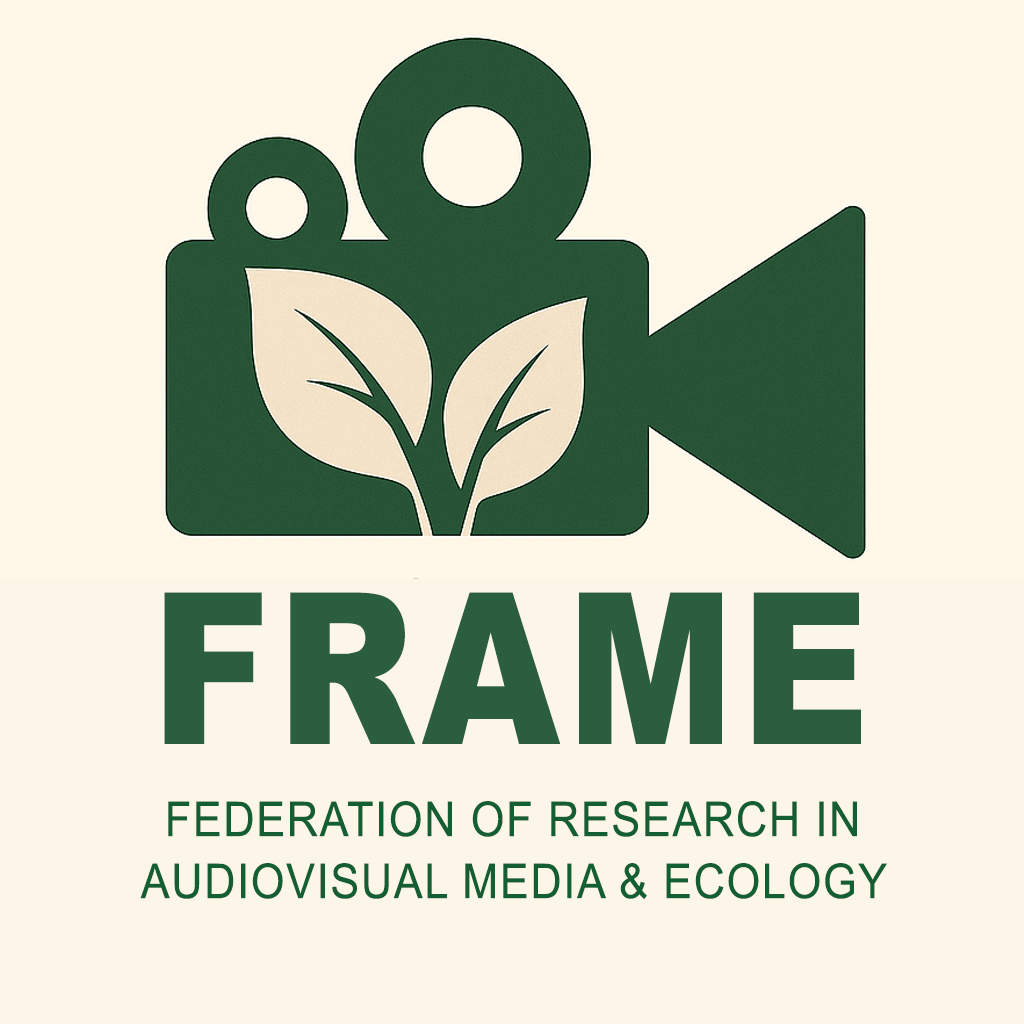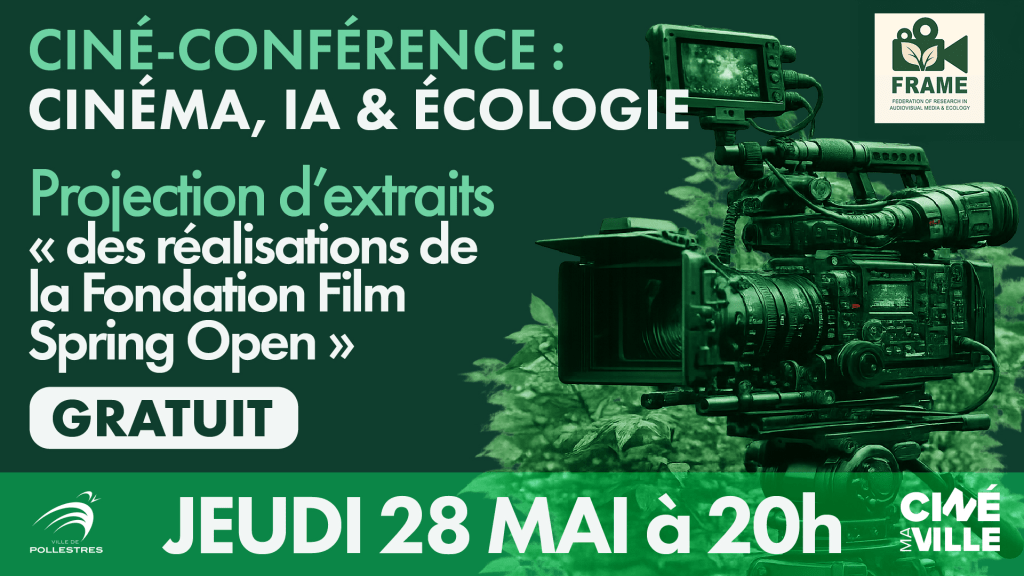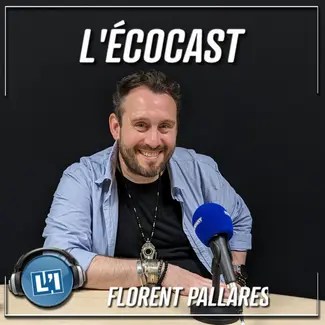FÉDÉRATION DE RECHERCHE EN AUDIOVISUEL, MÉDIA ET ÉCOLOGIE
Créée en 2018 lors de la première Résidence Écologique Cinématographique de Film Spring Open France à Cabestany, la FRAME travaille en étroite collaboration avec la fondation Film Spring Open pour développer un système de production audiovisuelle vert et durable. Engagée depuis de nombreuses années sur les questions écologiques, Film Spring Open a par exemple construit un cinébus pour un modèle de production écologique et rentable, avec comme invitée d’honneur Natalie Portman.
Vous trouverez ci-dessous quelques exemples mis en avant lors du Green Film Open ou dans le documentaire Make an interactive and ecological film in pandemic times.
Il est important de savoir que la production d’un long métrage produit en moyenne un millier de tonnes d’équivalent carbone, ce qui équivaut à la production d’un millier d’ordinateurs de bureau. La première chose à faire selon nous, est d’éduquer l’équipe sur les pratiques pour réduire son empreinte écologique. Chacun doit être conscient de l’impact de ses actions, mais surtout de ses capacités d’agir différemment.
Nous proposons toute une liste de recommandations simples et de ressources en ligne, allant des outils de productions (mail, box internet etc.), de tournages (groupe écologiques, lampes à technologie LED, concept du “studio dans son sac à dos” minimisant au maximum les équipements, caméras les moins énergivore etc.) mais aussi de postproduction et de rachat de la dette carbone.
Nous menons actuellement une réflexion sur l’utilisation de l’Intelligence artificielle de la manière la plus écologique possible.
Conscient qu’il est également nécessaire de minimiser les transports, en essayant de faire sa production au même endroit, nous avons créé à l’espace jeunesse de Cabestany en France, une résidence artistique dans un bâtiment fonctionnant à l’énergie solaire.
Depuis 2018, nous y organisons chaque année en août, 15 jours de formation pour mettre en pratique à travers des créations cette production verte et durable.
Par exemple, sur le tournage, nous proposons d’utiliser le moins de plastique possible et d’acheter directement dans des récipients en verre. Nous préconisons l’utilisation de la vaisselle en dur plutôt que du plastique jetable et de garder le même verre aussi longtemps que possible, en écrivant simplement notre nom dessus.
Pour la nourriture, les circuits courts sont proposés pour éviter le coût du transport de la nourriture, et dans le même esprit, manger le moins possible d’aliments transformés, ce qui est bénéfique aussi pour la santé de l’équipe.
Pour en savoir plus sur la production verte, vous pouvez consulter le Livret européen des productions vertes ou, plus spécifiquement en France, le mémoire de fin d’études de Colin Destombe Concilier écologisme et production, la Fondation GoodPlanet, Ecoprod ou A better prod.
Vous pouvez également trouver des exemples de productions vertes réalisées à l’espace jeunesse de Cabestany en consultant les clips Please mon amour ou See you up there de Dayan et Kemar.
Les images ont été tournées à 12 800 iso pour utiliser le moins d’énergie possible, et tout le matériel a été alimenté par l’énergie solaire fournie par l’espace jeunesse de Cabestany et notre partenaire Ecologène.
Intéressé par notre projet de la FRAME ? Contactez-nous 🙂




